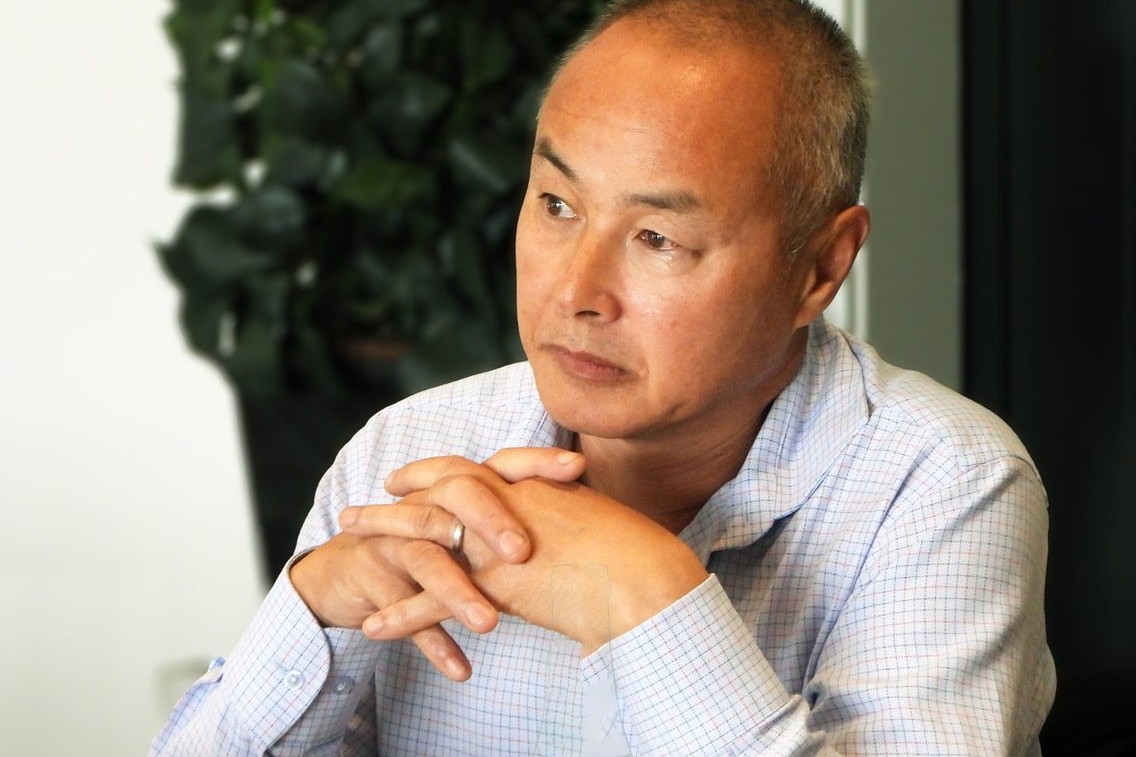Focus on driver behaviour to address appalling road toll

Eleven people were killed on the roads between Christmas Eve 2020 and 5 January 2021. Even on a scale of all the other things that have happened in just this second week of 2021, we should not overlook this as being deadly serious. Four people were killed in the same period the previous year. What‘s going wrong?
Motorsport legend Greg Murphy told RNZ this week that it is too easy to get a driving licence in New Zealand and it‘s time for an overhaul, where drivers get better training to make them more aware and prepared for what can really happen on the roads. I couldn‘t agree more.
He also said being told the same stuff every year by Government advertising was wearing thin and we need action, not more words. Again, I couldn‘t agree more.
Of the 11 people who died this holiday period, five were not wearing seatbelts. Most modern cars make extremely annoying noises if you try and drive without a seatbelt, and how many advertisements have we seen about “making it click”?
But what happens in Wellington is strategies and policies are developed, over very long timeframes, with consultation – that may or may not be considered – and out pops the likes of the Road to Zero strategy and action plan. As the name suggests, the strategy adopts a vision where no-one is killed or seriously injured in road crashes, and where no death or serious injury while travelling on our roads is acceptable.
The road network is the trucking industry‘s primary place of work and as such, the sector is committed to improving road safety. But we believe there are some serious flaws with Road to Zero, not the least an impossible target that will just turn the public off.
There is a strong emphasis on road trimmings to create safer roads and slowing down traffic to, on some city streets, 30kph. We believe there is not enough focus on driver behaviour and distractions, which are the main causes of accidents.
Changing driver behaviour is a long-term game and relies on an in-depth look at what‘s going wrong on the roads, licencing, and ongoing driver education.
It would be good to start with really robust crash data including the factors that caused the crash and attribution of liability. Statistics for crashes need to be set out in real terms, that take into account population growth, and light and heavy vehicle number growth, otherwise a proportionate understanding of accident rates will be unable to be reached. Cross comparisons are fraught with risk. They are imprecise as different jurisdictions have different contextual characteristics for example, Australia‘s straight road compared to New Zealand‘s with a bend or bridge every couple of kilometres. We need to focus on our situation, not try and mold the statistics to match another country.
The Government has become obsessed with speed, or should I say the lack of it. Rather than improving road surfaces, it prefers to slow traffic down to sometimes ridiculous speeds, like 30kph. They will not drive cars off the roads this way – New Zealanders love their cars and outside major cities, need them to get around. They may drive perverse behaviour borne from frustration though. Try driving 30kph around Auckland without someone seriously tailgating you.
Greg Murphy is right, it‘s time to turn attention to the drivers.
Professional truck drivers are held to a higher account than other drivers in that their compliance and enforcement history can result in job loss and prohibition from driving heavy vehicles. There are three pieces of legislation covering their work. There have been massive improvements in performance and safety systems in modern trucks.
Yet truck drivers are out on the road every day with people who aren‘t held to account until it is too late. They face the ultimate accountability when they look up from their phone and see a truck bearing down on them because they are on the wrong side of the road. No matter how slow you make the traffic go, if a car hits a truck, the car comes off worse.
Dealing with driver behaviour and giving drivers the tools to drive themselves out of any trouble they might get into, must be top of the list if we want to get serious about reducing the road toll.
By Nick Leggett, CEO, Road Transport Forum





